Dr. W.B. Selah
"Pray-ins" raised moral issues for White Christians, but the consequences of speaking out for integration were just as real. In June 1963, Black Tougaloo students, turned away at Jackson’s Galloway Methodist Church where Dr. W.B. Selah was leading the service. After learning that ushers had turned the students away, Selah resigned at the conclusion of the service. A long-standing leader of Jackson Methodists, Selah’s action divided the community. Some opposed "politics" in the church, while others praised his principled stand.
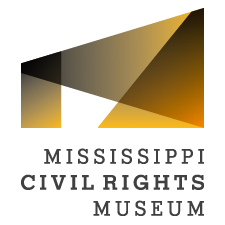
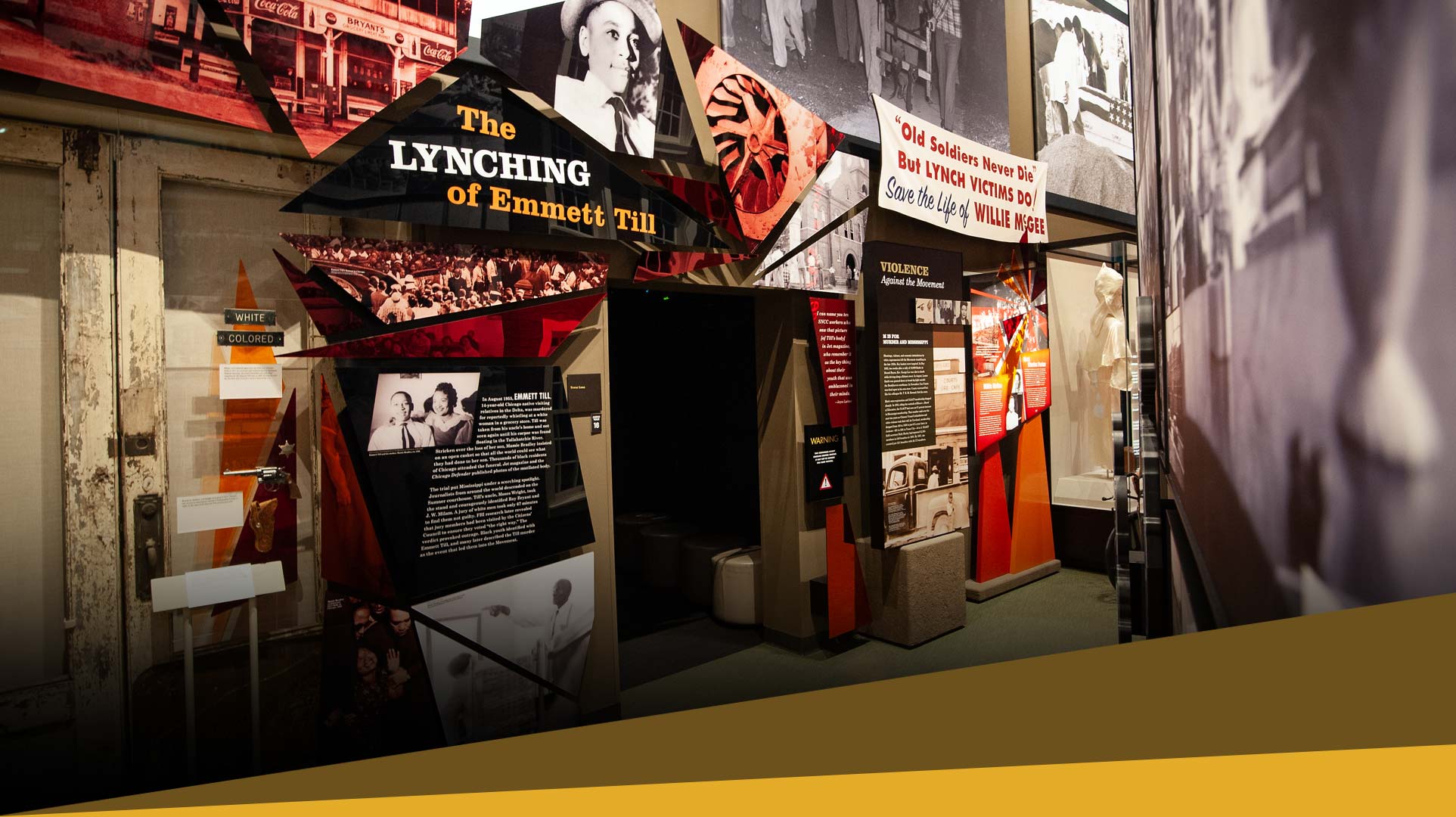
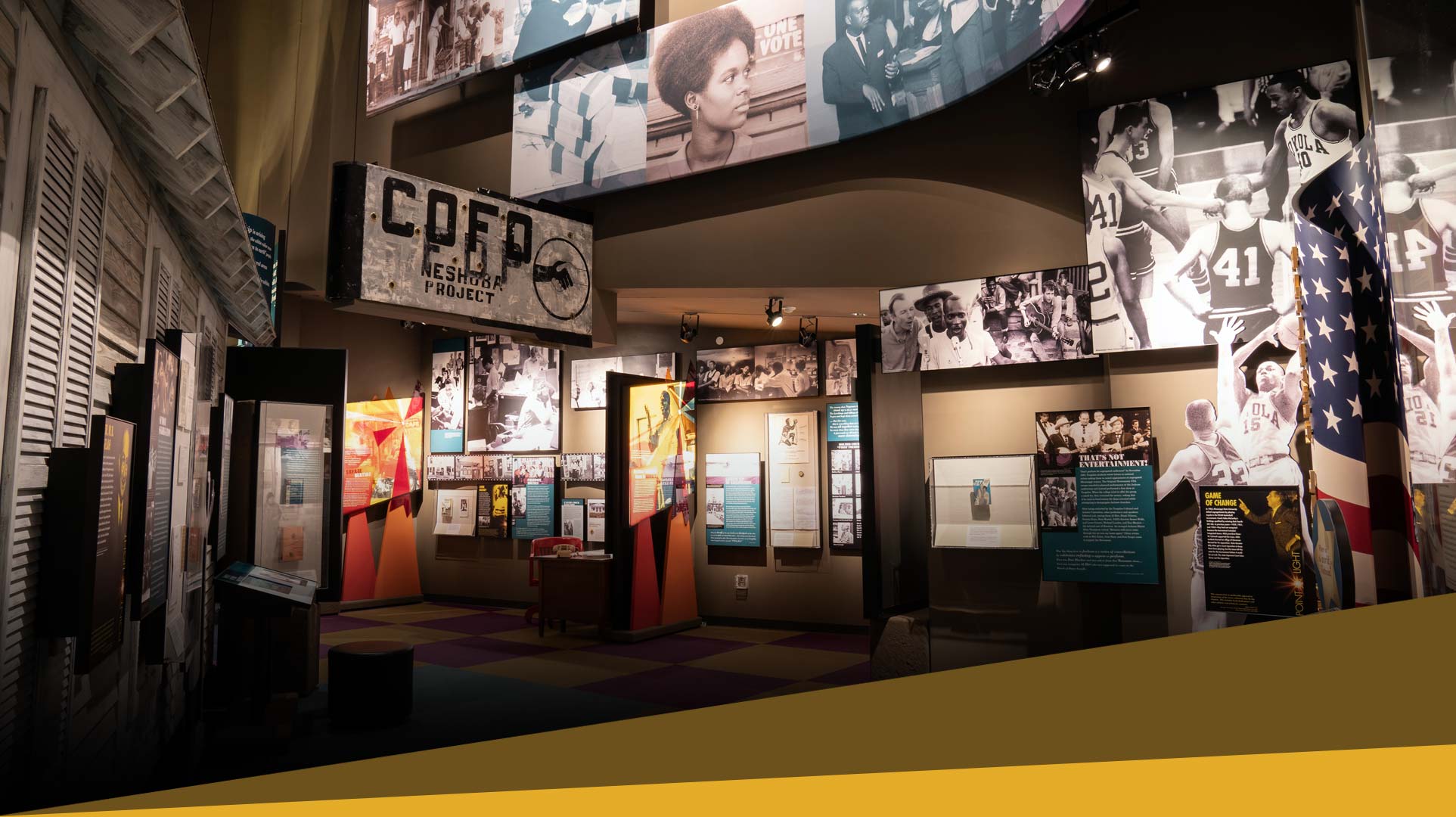
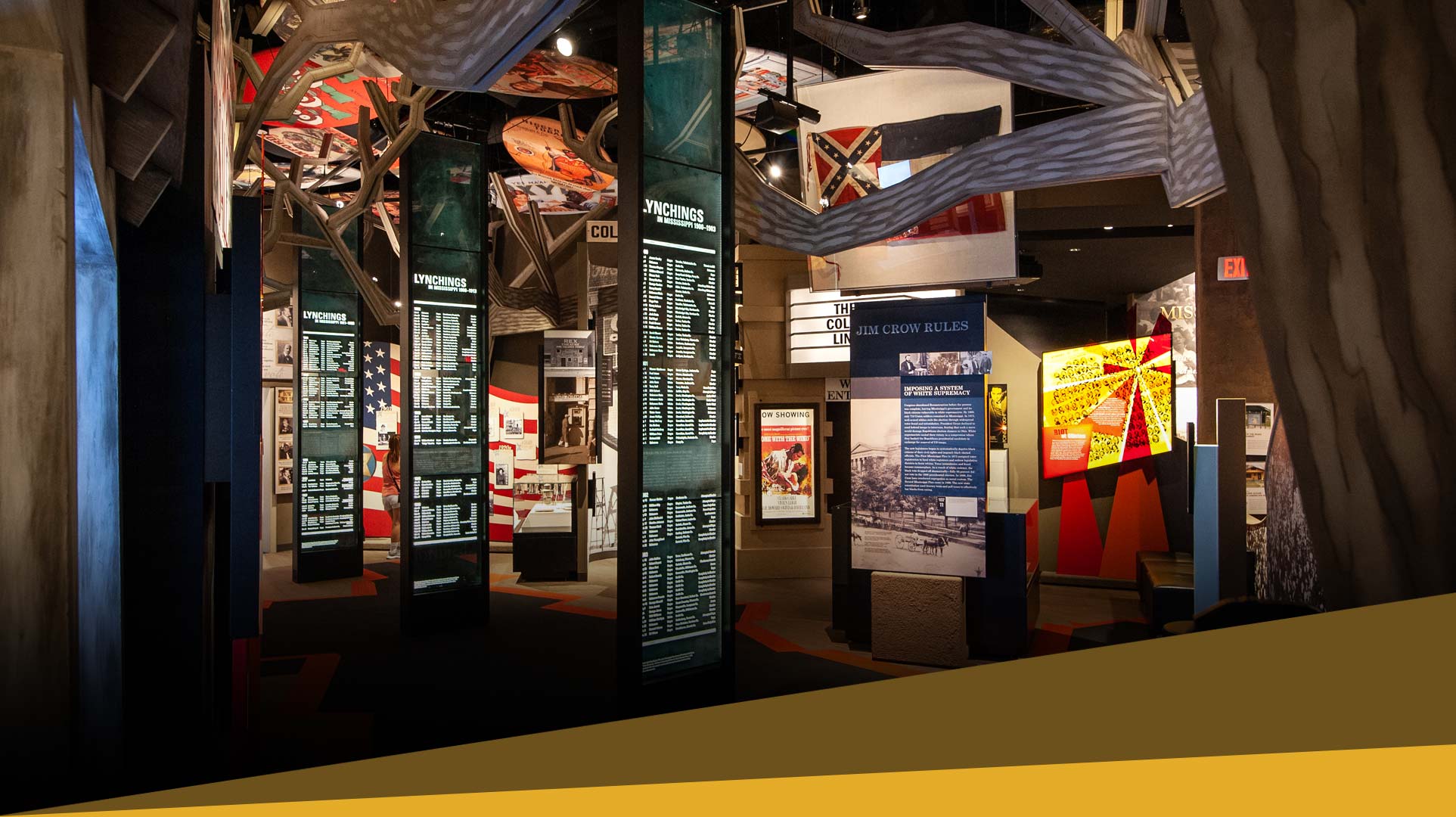

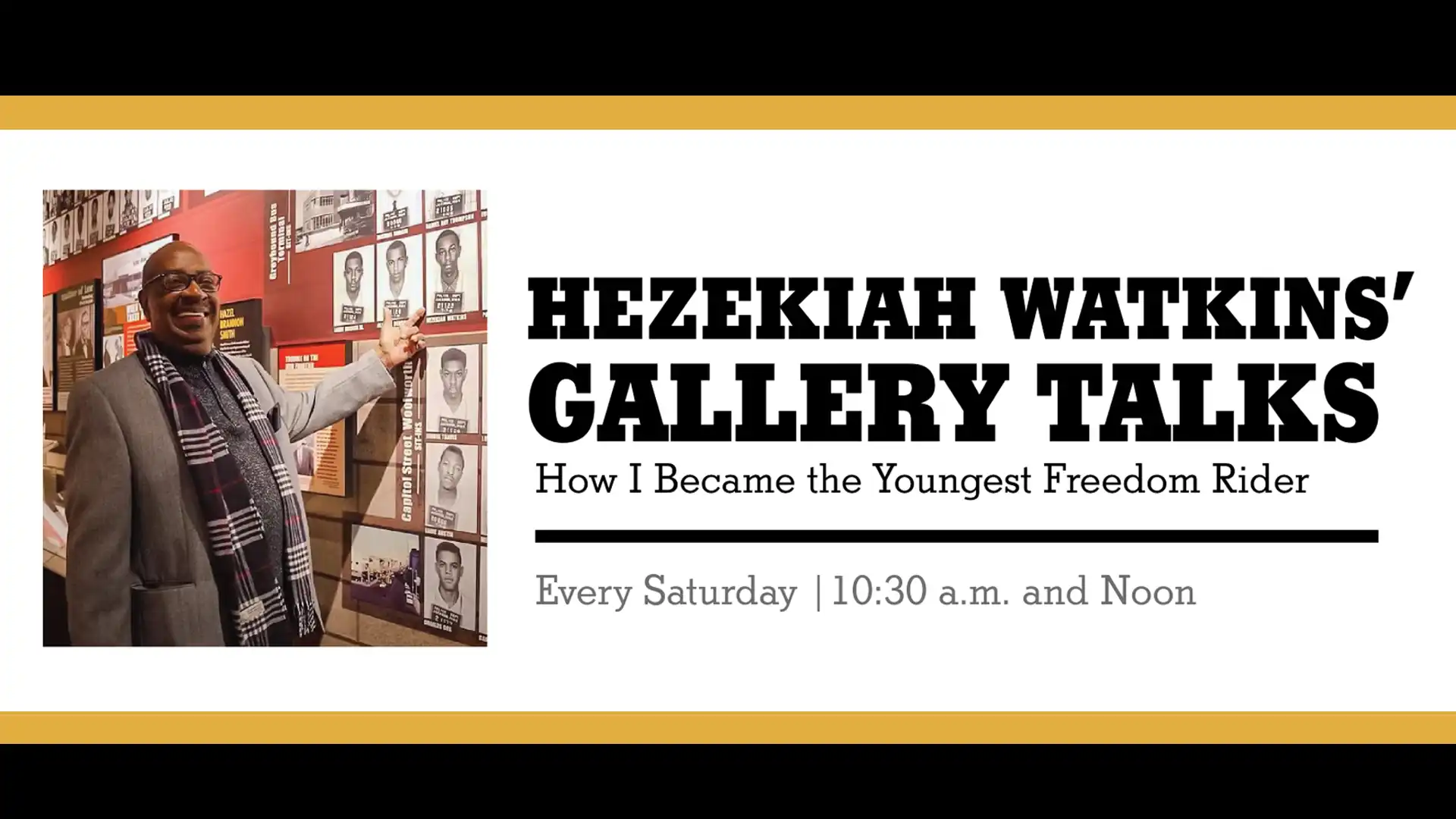
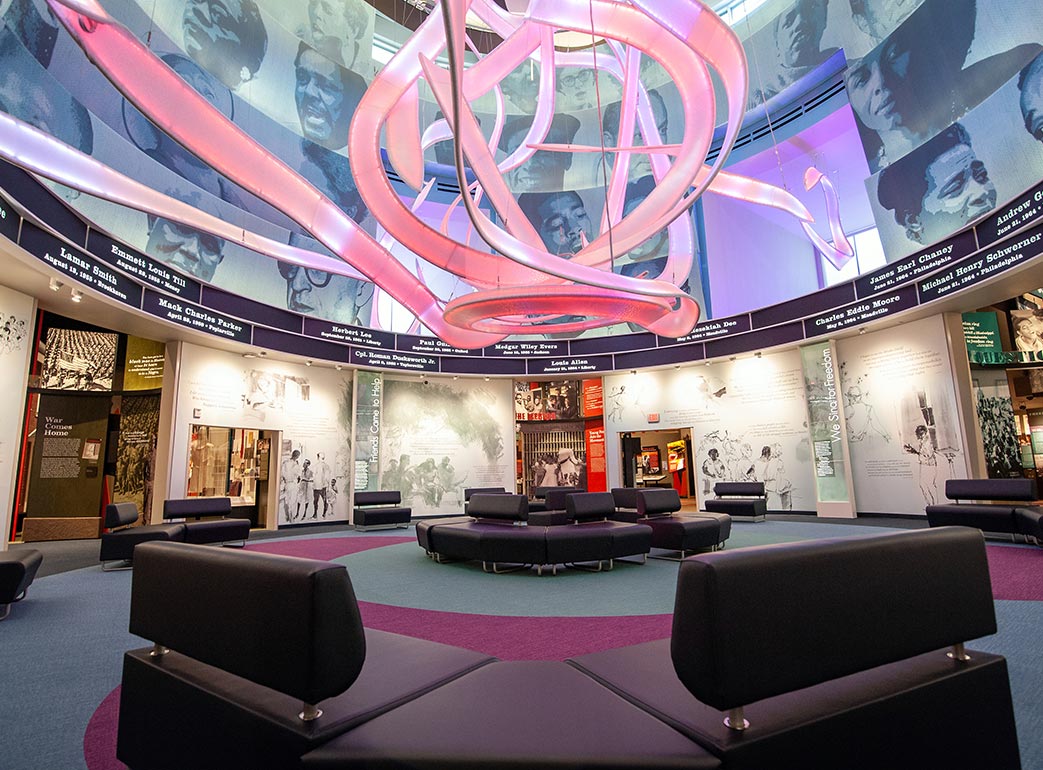
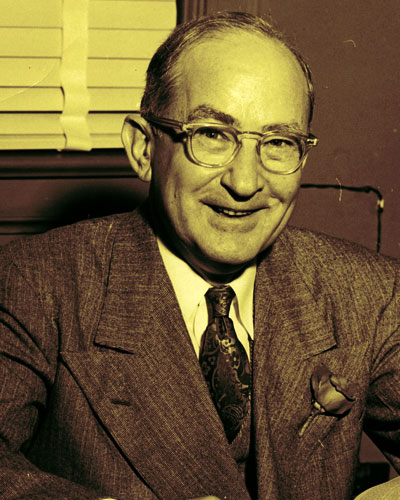
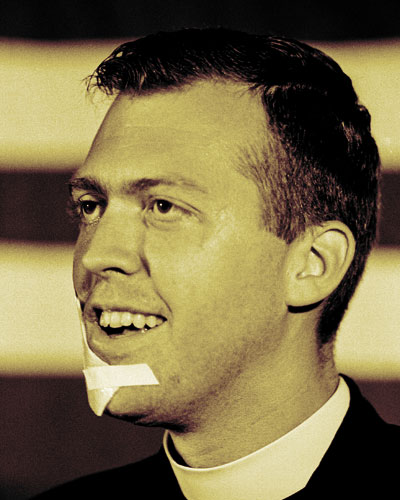
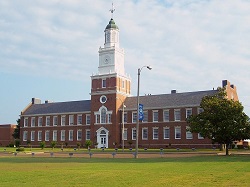 Founded in 1866 to provide basic education for newly-freed adults and children.
Founded in 1866 to provide basic education for newly-freed adults and children.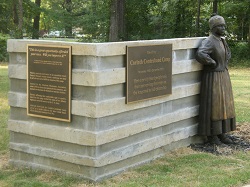 Established to accommodate enslaved people who fled to safety during the Civil War
Established to accommodate enslaved people who fled to safety during the Civil War